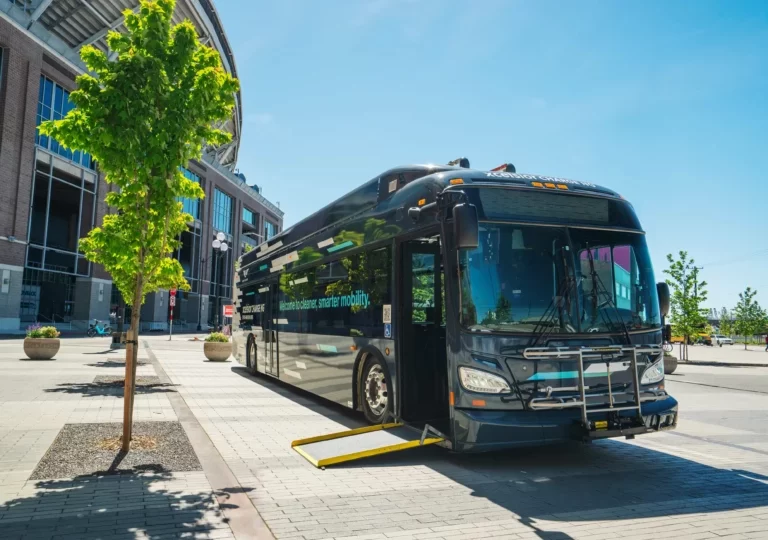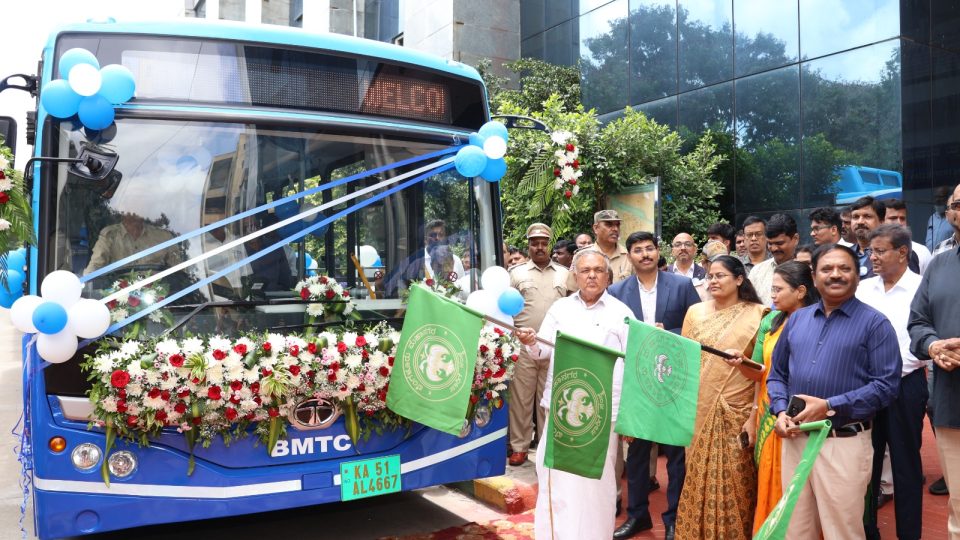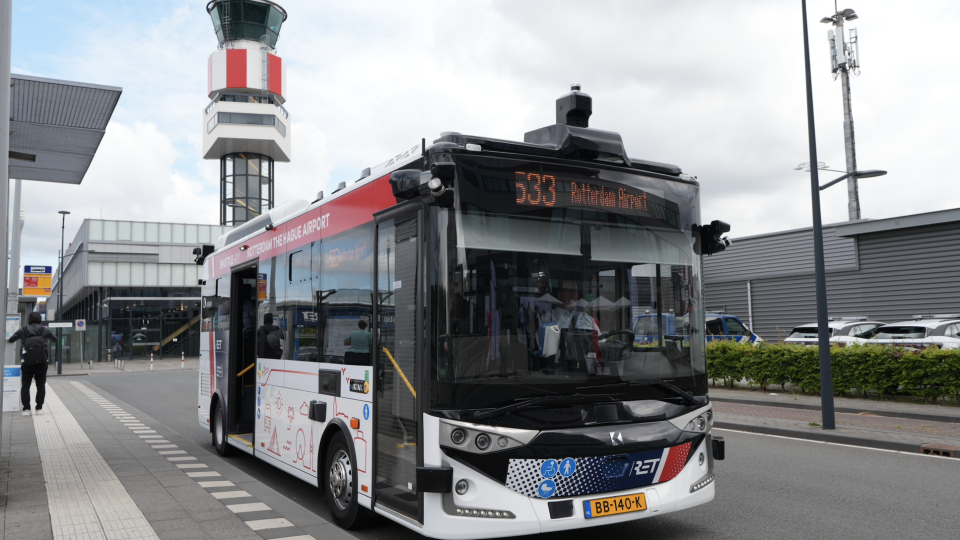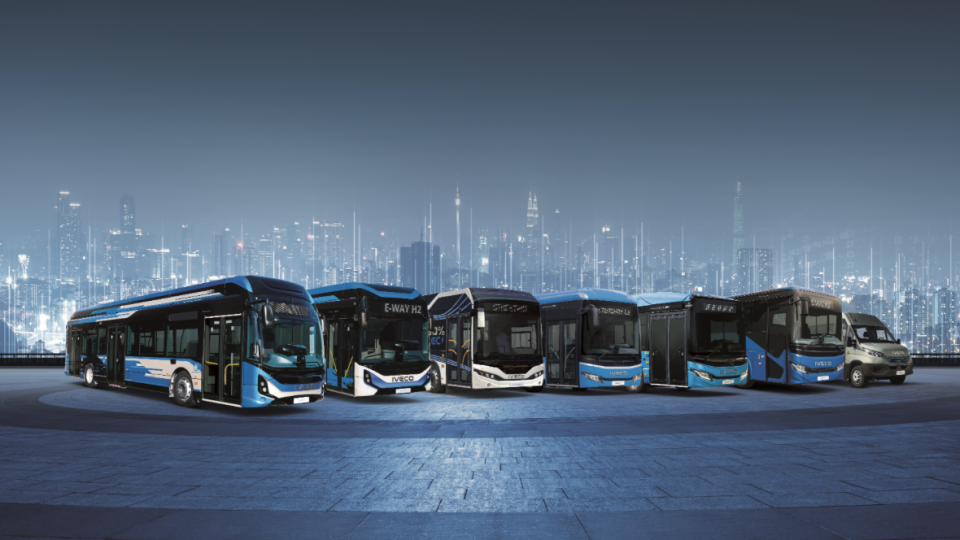Bolloré Group: new battery range is coming (and a 18-meter e-bus model is not excluded). Our interview
Works are underway at Bolloré for the introduction of a new generation of solid-state batteries with a 20-minute charging time and 50% higher energy density. Additionally, Bluebus might be eyeing future expansion of its product lineup: 18-meter model is not excluded. At IAA Transportation 2024, Richard Bouveret, CEO of Blue Solutions & Bluebus, highlighted the […]
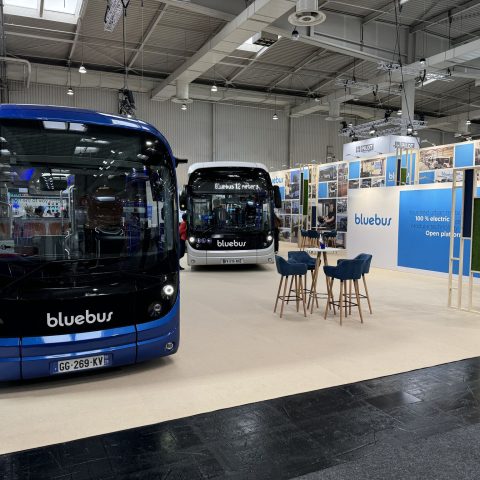
Works are underway at Bolloré for the introduction of a new generation of solid-state batteries with a 20-minute charging time and 50% higher energy density. Additionally, Bluebus might be eyeing future expansion of its product lineup: 18-meter model is not excluded.
At IAA Transportation 2024, Richard Bouveret, CEO of Blue Solutions & Bluebus, highlighted the company’s advancements in electric bus technology, with a particular focus on their proprietary technology of solid-state batteries. Blue Solutions remains the only European producer of solid-state batteries. In Hannover Bluebus showed both models in its portfolio: the 6-meter and 12-meter battery electric bus.
Bolloré, solid-state batteries a core product
“The difference between our solid-state batteries and lithium-ion batteries is in the electrolyte: in every battery we use, it’s liquid. In our case we are the only producing solid-state batteries, where the electrolyte is solid. This allows the battery to have a higher energy density,” explained Bouveret to Sustainable Bus.
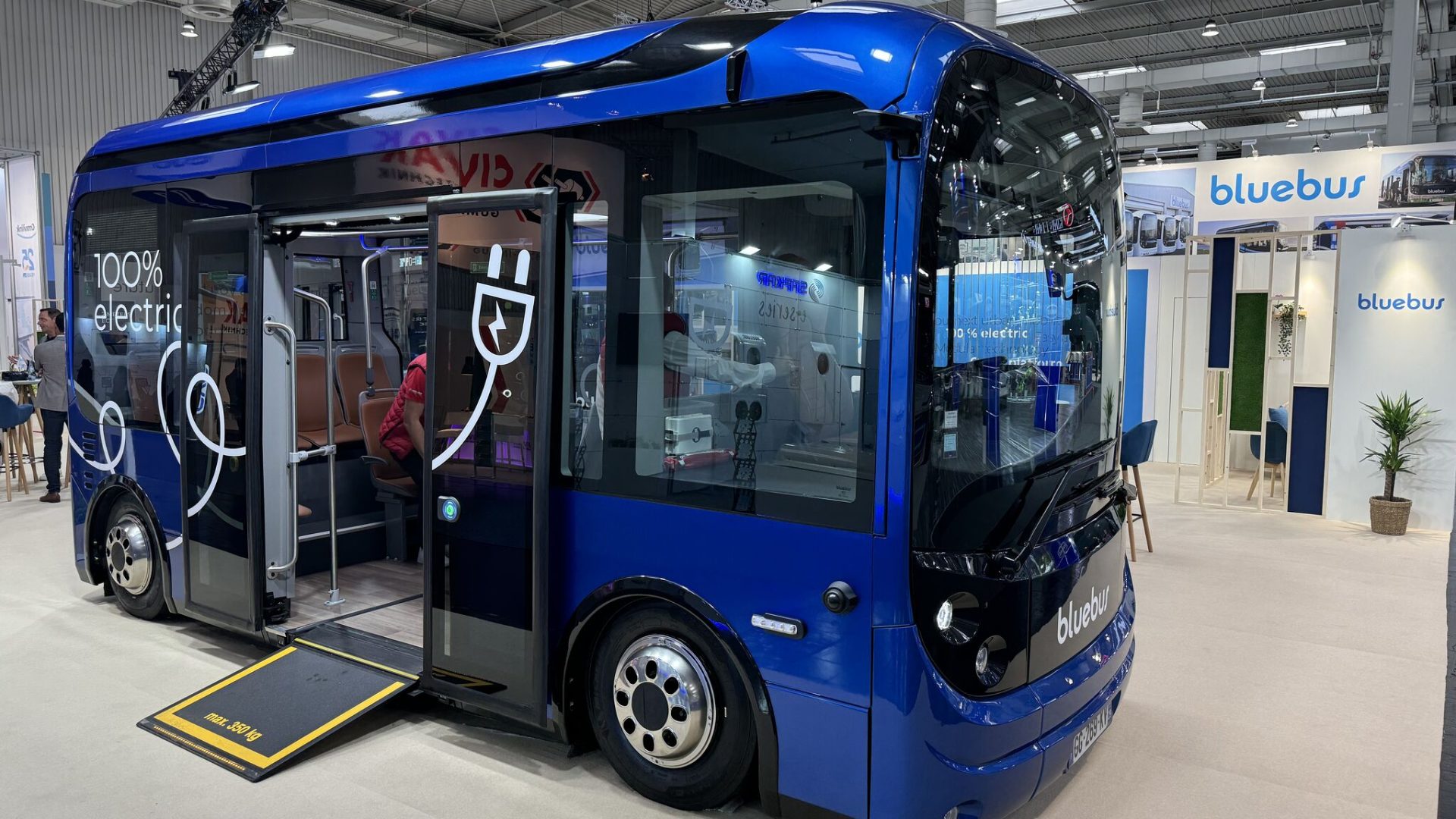
Looking ahead, Bolloré is working on the next generation of batteries. “Today our batteries can be charged in 4 to 5 hours. But we are working on a next generation of batteries that can be charged in 20 minutes and will increase energy density by 50 percent. Today our 12-meter buses have 380 km range on one charge. When we will update to Gen 4, that will come in three years, we will have near 600 km mileage available.”
6-meter and 12-meter available in Bluebus’ portfolio
For smaller 6-meter buses, Bolloré offers versatile options to meet the budget constraints of different municipalities. “280 km available today according to SORT regulation,” Bouveret stated, adding that “on the 6-meter we can also offer lithium-ion batteries, in order to meet the needs of municipalities that have limited CAPEX capabilities. Lithium-ion batteries are less expensive, as batteries account for around 40 percent of the price of the e-bus.”
Bolloré group is also exploring battery-swapping technologies for 24-hour operations, particularly in industries like container trucking. “Swapping batteries is easy with our batteries as they don’t have cooling system, making the swapping operation very simple, such as plug & play”, Bouveret adds.
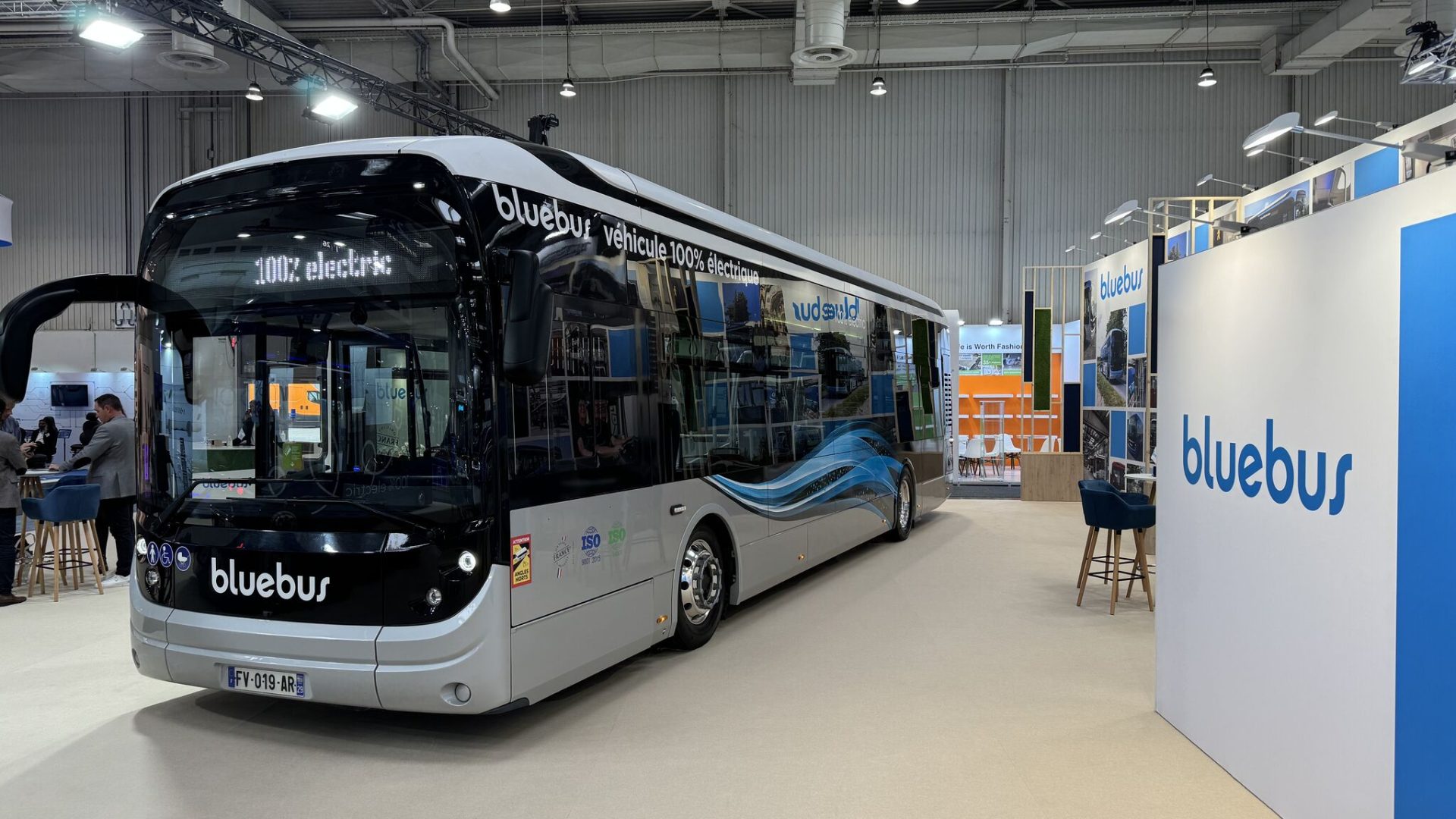
What about market strategies?
As for the company’s broader market strategy, Bolloré is eyeing a slow but steady expansion across Europe. “Today we are focusing mainly in France, where we are the second OEM in terms of registrations of e-buses in the first half of 2024. Now our strategy is to extend in Europe, but in a progressive way. First, we will work with partners. We are already working with a partner in Spain, Italy, and Greece. Next move will be Switzerland, then Germany and Belgium. All these markets are quite similar. We are not targeting east Europe.”
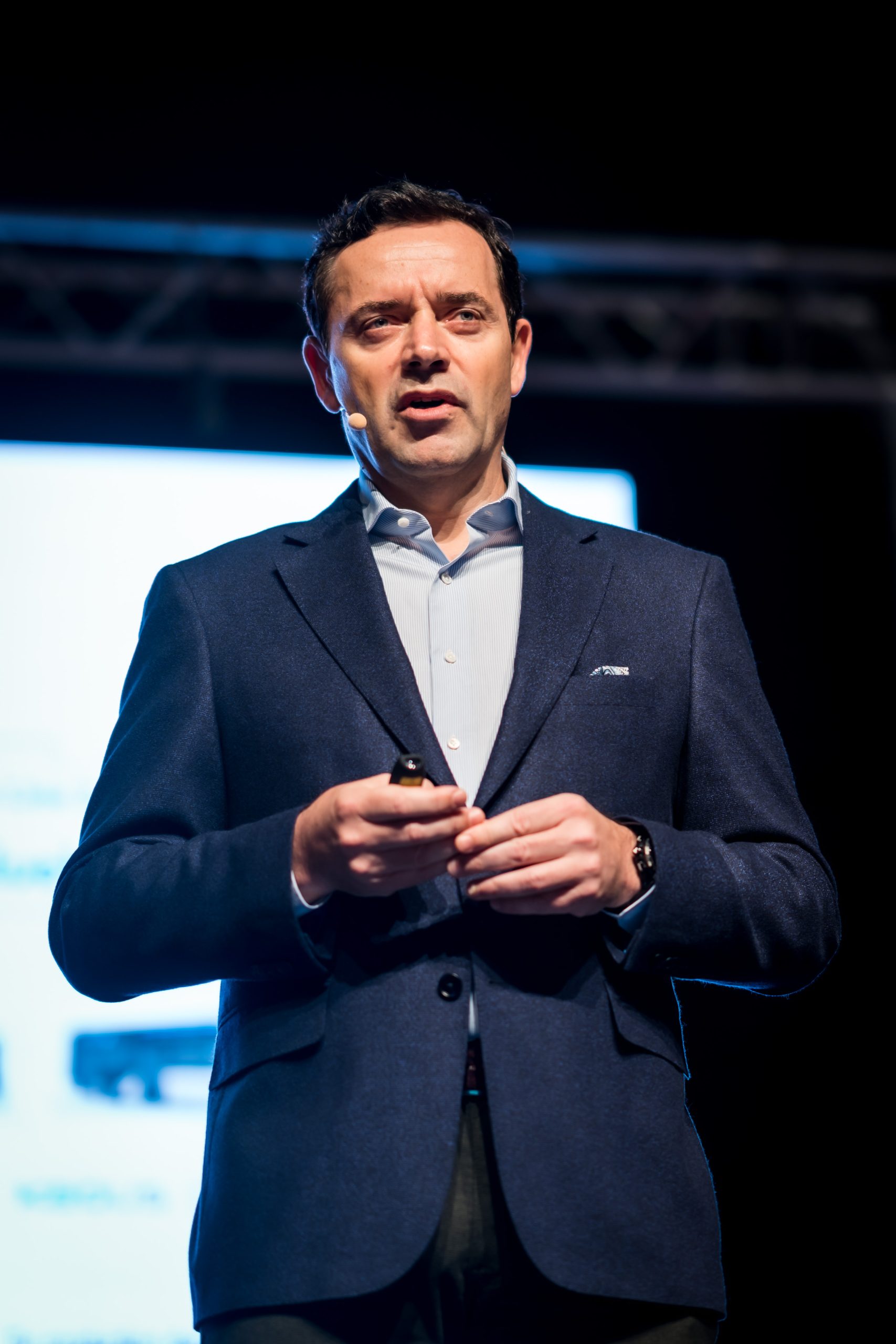
Bolloré remains confident in its future within the electric bus market, in its CEO’s words: “We are very financially solid, our strategy is clear: we will make our portfolio more robust, adapting it to the market and to new technologies, provide better service. We aim to keep staying in this market, the one of electric city buses: 6-meter, 12-meter, maybe 18-meter in the future.”




